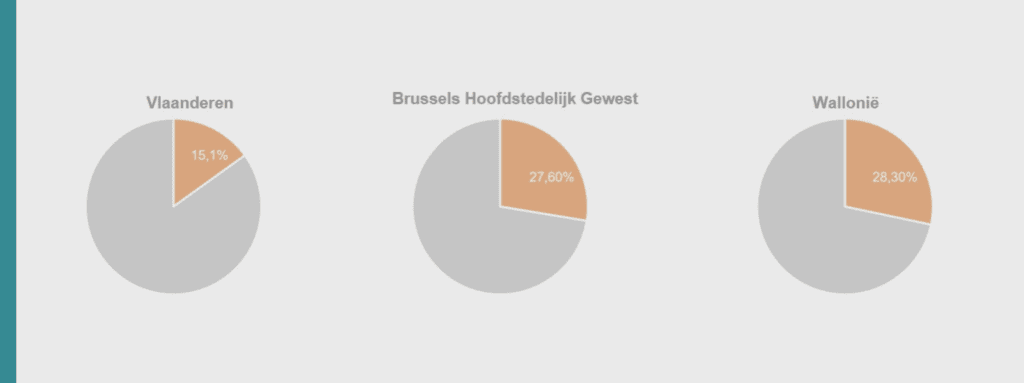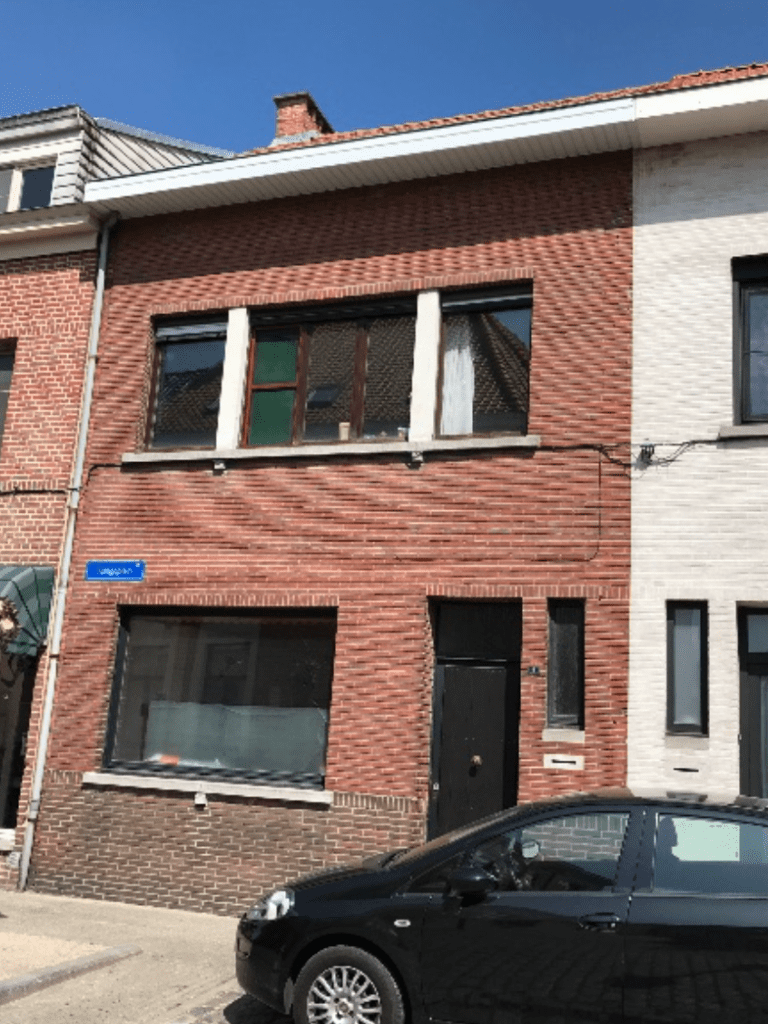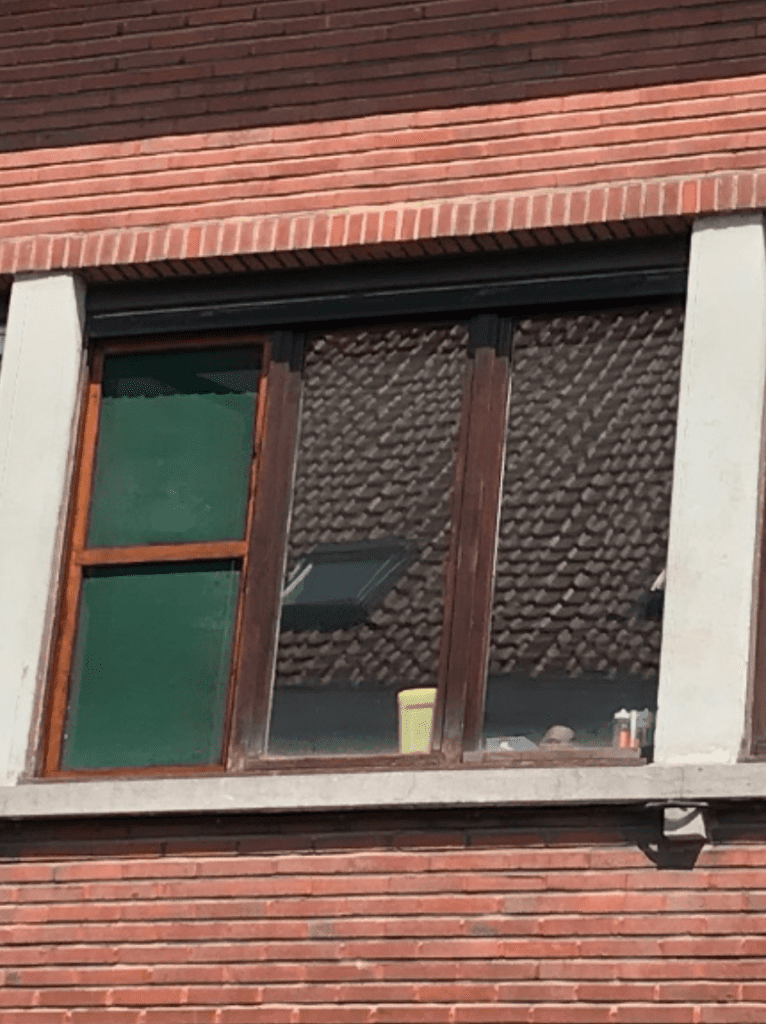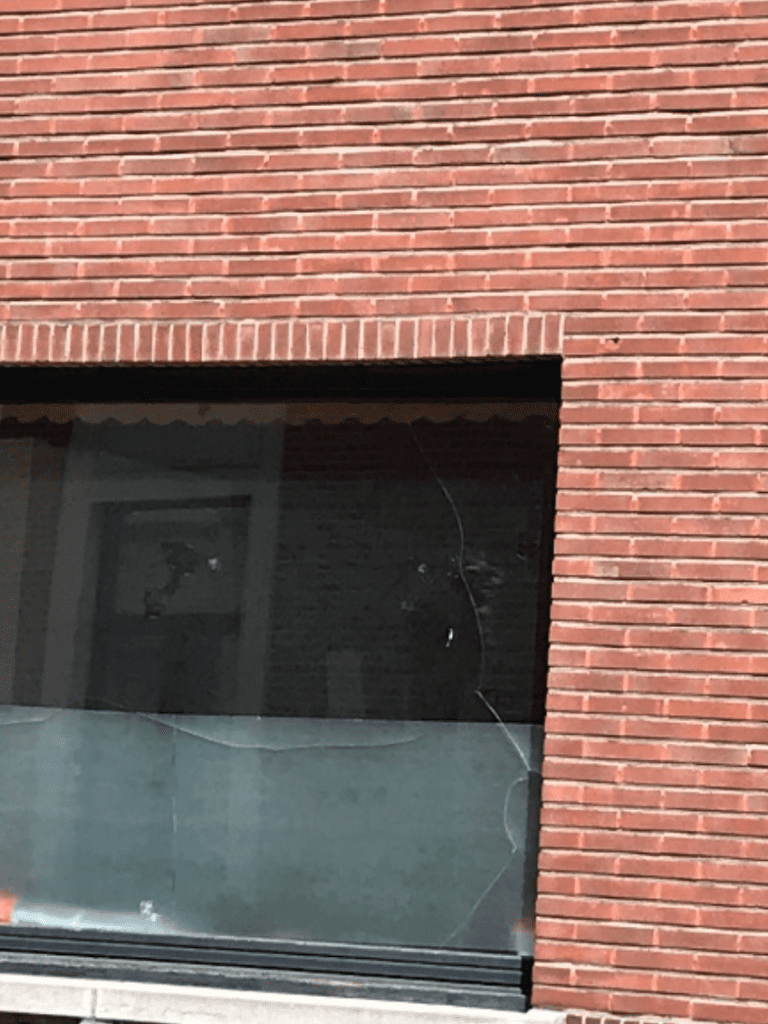In Belgium, more than one household in five is affected by energy poverty (20.7% of Belgian households in 2019). This value has not varied significantly since 2009. However, there are strong differences between the regions.
The vast majority of energy-poor households are single people or single-parent families (almost 70%). Single elderly women (+65) and single parent families headed by a woman are particularly vulnerable. There are also twice as many renters as owners who are affected by energy poverty. Although households with no income from employment are more at risk of energy poverty (36% of households with no income from employment experience energy poverty), almost 15% of households with one income from employment also experience energy poverty. 1 in 3 people in poverty also live in poor housing conditions: they live in non-insulated houses, suffer from mould and damp or have inadequate sanitary facilities. One third of families in poverty use energy-guzzling appliances.

The main causes of energy poverty are insufficient income, poor housing quality, and rising energy prices. Additional reinforcing factors are a low level of education, a small social network, low technical skills and a lack of access to the necessary information and services. Households in energy poverty have more health problems, more frequent housing costs, difficulties in school or work, debt and suffer from social isolation. In recent years, we have seen an increase in electricity prices, as well as in the number of instalment plans with energy suppliers.
The government offers various forms of support to energy-poor households. For instance, there is a social tariff for gas and electricity (and water), but the conditions for eligibility are fairly strict, and its target group does not cover the entire segment of poor households. (FPS Economy. 2021) In addition, there is an annual heating allowance for poor households that heat with fuel oil or petroleum. There is also an energy fund, from which households experiencing difficulties in paying their energy bills can receive an additional allowance, but this is a favour and not a right, and its allocation is rather exceptional. Both the government and the network manager of gas and electricity also offer various premiums for owners who renovate their house or make it more energy efficient. (Wonen-Vlaanderen, 2021). However, these premiums do not apply to landlords on the private rental market. Also, for poor owners these premiums are not sufficient to cover the costs of a renovation.



